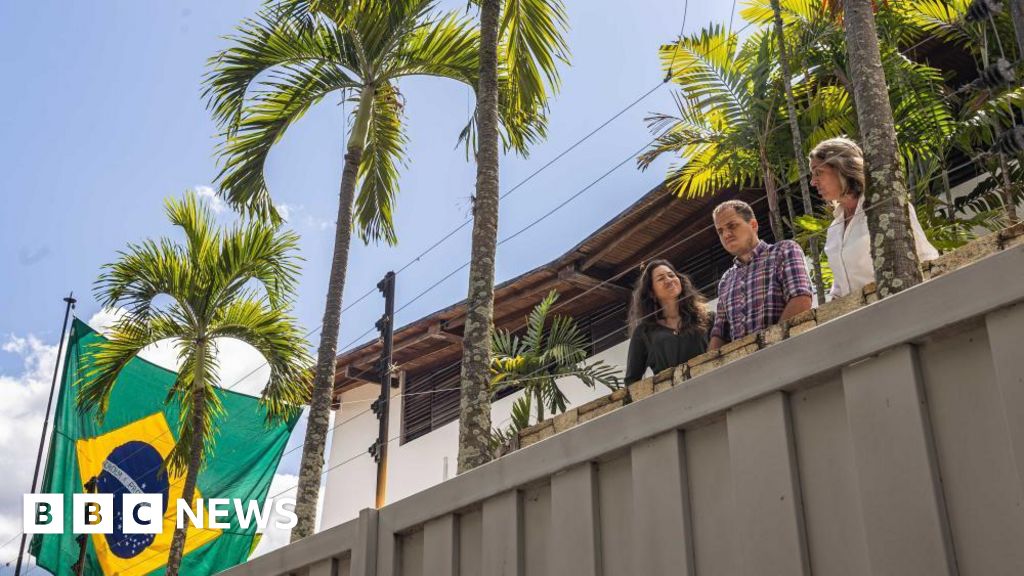The Future of Asian and Pacific Cities 2023 — Global Issues
BANGKOK, Thailand, Oct 20 (IPS) – Cities have always been dynamic hubs of culture, education, economic growth and opportunity, and most importantly, centres of social interaction attracting residents and visitors alike.
It is no surprise then, that Asia and the Pacific has in recent years become predominantly urban as people seek greater opportunities and services in cities of all sizes, from coastal communities in the Pacific to mega-cities such as Bangkok, Hong Kong and Tokyo, and in smaller towns and emerging urban centres, each with unique characteristics reflecting our region’s diversity.
The megatrend of urbanization, however, has not been free of difficulties, with many of the global crises, including the COVID-19 pandemic, the increasing effects of climate change, biodiversity loss and various forms of pollution, all converging in our cities. These challenges have made more visible long-standing issues such as inequalities and urban poverty, access to affordable housing and an infrastructure gap.
Our most vulnerable communities often are those most affected. This is clear in our cities where climate-related disasters disproportionately impact the poor, and women and children are unable to access essential urban services.
Meanwhile, a lack of affordable housing hinders the poor and middle classes alike, and inadequate infrastructure too frequently results in persons with disabilities being left behind. Collectively, these challenges not only can harm cities and their residents but will hinder progress toward the 2030 Agenda for Sustainable Development and its goals, many of which intersect in cities.
When cities shuttered during the pandemic, economic activity, tourism, education and urban services all suffered seemingly irreparable harm. Yet, in the aftermath of the global pandemic, we realize that a sustainable future for Asia and the Pacific runs through our cities, and we must take the necessary steps to address existing urban challenges and plan urbanization to be inclusive and resilient to future shocks and crises.
And we know how to get there. ESCAP, UN-Habitat and partners have developed a new flagship report, Crisis Resilient Urban Futures: The Future of Asian & Pacific Cities 2023. Through analysis of the crises and their effects, the report offers practical guidance across four key thematic areas for inclusive urban policies, partnerships, and innovations:
First, urban and territorial planning remains the foundation of how all cities manage their growth and plan urban services. Having seen how crises can disrupt these systems, we know that holistic urban planning that prioritizes multi-use, compact development, low-carbon transportation and mobility, affordable housing and efficient delivery of services are essential for creating safe, sustainable and livable cities for all citizens.
Next, as we are all too frequently reminded by the number of climate-induced disasters in our region, effectively responding to the climate emergency must be a priority, and cities are well positioned to lead innovation and new practices for low-carbon and resilient pathways. A resilient city engages all stakeholders, from the most vulnerable communities to civil society and policy makers from the local to national level, all working to co-develop solutions.
We also live in a more digitally connected world, where urban digital transformations and smart city technologies, if managed effectively, can improve operational efficiencies, bridge the digital divide and ensure access for all. The pandemic underlined the need to include everyone in shaping our digitally transformed future.
Finally, the multiple crises highlighted the urgency to safeguard urban finances. Expanding, diversifying, and increasing municipal revenue should be a key strategy for cities to stimulate local economic recoveries. And as no city can go it alone, robust multi-level governance, supported by transparent public frameworks for intergovernmental transfers, is needed, while more stable policies and incentives can open doors to private sector investment.
Recovery from any shock or crisis takes time and collective action. We must ensure that our urban areas guard against future risks while building safe, sustainable and livable communities and putting us back on track to achieve the 2030 Agenda.
The eighth Asia-Pacific Urban Forum (APUF-8), which is being held next week (23-25 October) in Suwon, Republic of Korea, is a key platform to share urban solutions and enhance partnerships to address the multitude of challenges. Though the task is formidable, with the right policies, innovations, cooperation and the engagement of citizens, we can ensure that our region’s cities remain vibrant hubs.
Armida Salsiah Alisjahbana is Under-Secretary-General of the United Nations, and Executive Secretary of the Economic and Social Commission for Asia and the Pacific (ESCAP).
IPS UN Bureau
Follow @IPSNewsUNBureau
Follow IPS News UN Bureau on Instagram
© Inter Press Service (2023) — All Rights ReservedOriginal source: Inter Press Service
Check out our Latest News and Follow us at Facebook
Original Source







